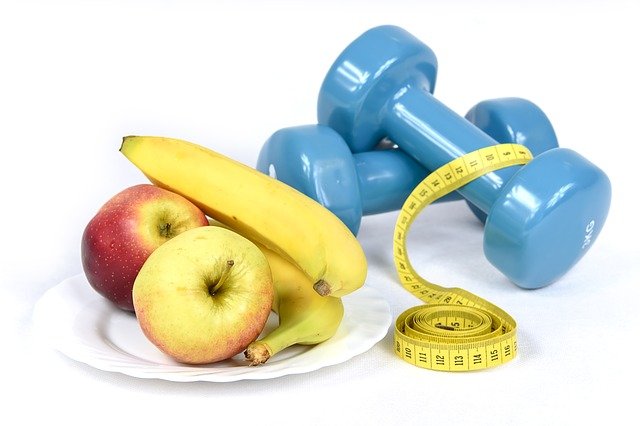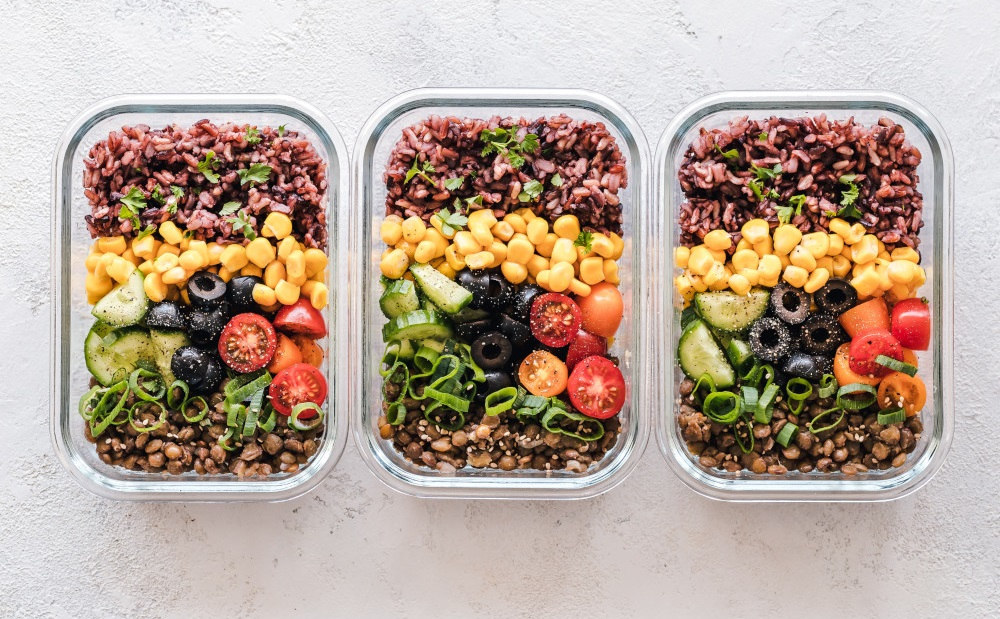This popular question has an enormous range of answers. I like to we like to keep things simple. The most simple answer is that to lose weight you need to reduce your calorie intake.
Calories are units of energy that your body needs just to function and carry out normal day to day activities, Eating more calories than your body needs to complete your daily tasks leads to gaining weight. Eating less calories than your body needs will burn stored calories and lead to weight loss.
To lose 1lb a week, it is widely suggested that you eat 500 less calories per day. Although 1lb a week does not seem to be much, setting small, achievable goals will help you reach a healthy weight.
There are many factors involved in how successfully you will lose weight including your age, gender, size and how active you are. The recommended calorie range for women to maintain a healthy weight is between 1600 and 2400 daily. For men, the suggested range is from 2000 to 3000. If you don’t do much physical activity, you should aim for the lower end of the range.

There are hundreds of diet plans available, from crash diets such as the Cabbage Soup Diet to programmes such as Weight Watchers. Ultimately, the best way to keep those extra pounds at bay is to endorse a lifestyle change; make healthier eating choices and increase your exercise. Choosing foods high in protein, will keep you full for longer and help to maintain your body’s muscle mass. Make sure you find out how much protein you need in your diet.
In this article, we will focus on tips to lose weight rather than cover any specific diets in detail. So here is our guide to 10 steps you can take to help you lose weight.
1. Portion Control
Let’s face it, food tastes good. It is often tempting to eat until your stomach hurts when you are eating a delicious meal. Research indicates that most of us eat more than we need to when it’s served up on our plate. A simple way to help cut those calories is therefore to reduce our portions. Some people find it helps to use a smaller size plate. Others find it useful to keep some of their usual portion size for a snack or the next day’s lunch. Remember, small changes are more achievable and can become the new normal more easily.
2. Switch off TV
When you eat while watching the television it can be more difficult to check your calorie intake.
A study from the Harvard University found the people could consume between 36% and 71% more calories while engrossed in a TV show. It is common to eat dinner or snack while watching TV, and if you find it hard to break this habit, then make sure you watch your portion size. For example, put a small serving of popcorn in a bowl rather than eating straight from the bag.
3. Meal Planning

Working out what meals you will eat for the week ahead will help you make better choices. You will have the right types of food to hand, and helps to avoid situations where you are tempted to turn to convenience foods. Your shopping list is key, but don’t go to the store when you are hungry as it makes sticking to the list more challenging.
4. Increase your activity
To keep healthy and to help you burn more calories, you should try to be more active. It is recommended that you should try to be active every day, and you should aim for 150 minutes of aerobic exercise every week. Whether you already enjoy sports such as running or cycling or not, there are some simple ways to increase your daily activity. Even a basic home workout when performed regularly will pay it’s dividends to your overall activity. Take the stairs rather than an elevator. Take a walk on your lunch break. March on the spot while you make a coffee. Do more household chores. Make use of the commercial breaks to do a few squats. Put on some music and dance.
Finding a right personal trainer can be perfect for making sure you will keep your activity level high, make sure you know how to find a good personal trainer for your needs.
5. Drink more water
Water has a big part to play in losing weight and making healthier choices. It contains no sugar which may damage your teeth, and is calorie free. How much water your body needs varies from person to person as it depends on many different circumstances; if you live in a hot climate, if you are very active, your diet (salty or spicy foods) or if you drink a lot of coffee. Most authorities on health agree that 8 glasses daily should provide adequate fluid.

A good weight loss tip to drink a glass of water before your meals as it helps you to feel full. It can also be common to mistake hunger for thirst, so try drinking a glass of water before reaching for a snack.
6. Eat breakfast
Eating breakfast as a rule will not help you lose weight as it will depend on what you are choosing to eat, and how many calories it contains. The reason eating breakfast can help you lose weight is that it gives your body energy it needs to start the day well, and it can reduce the need for those mid morning snacks. Another benefit is that eating a healthy breakfast helps you make healthier choices throughout the day. There are plenty of tips online to help you prepare healthy breakfasts the night before if time is precious in the mornings.
7. Hungry or habit?
As mentioned earlier, sometimes we are thirsty rather than hungry, but it is worth noting that many of us eat when we are not hungry at all. Emotional eating can be a difficult habit to break. Comfort eating, eating when there’s a stressful situation or even rewarding ourselves with food are often linked with making unhealthy food choices.
If you tend to turn to the refrigerator when you are tired, sad, angry, worried, bored or lonely then one tip is to make sure there are a selection of healthy snacks to choose from. Another suggestion is to check in with yourself when you have a craving to try to establish whether you are actually hungry or whether you want to eat for another reason. Try to wait 5 minutes before eating and use that time to check how you are feeling and if an apple or glass of water will suffice.
8. Check the labels
Remember that you need to reduce your calories intake to lose weight so checking the label on an item for the calories per serving is the first thing to look for. The serving size is important, especially if the pack you are looking at contains more than one.

Sugar can be a hidden enemy in many foods so it is worth gaining an understanding of the numbers. Ingredients are listed by weight from highest to lowest, so if you find sugar or a sugar substitute at the start of the list then you should perhaps reconsider. For fats, the lower the better.
9. Avoid alcohol
You may have hard alcohol referred to as ‘empty calories’. This is due to alcohol containing almost no nutrients. The calories you are consuming still count even when in liquid form, and the numbers can quickly rack up if you are indulging in a few alcoholic refreshments on a night out. Although spirits tend to be lower in calories than wine or beer, they often go in hand with calorific mixers. And don’t forget that alcohol can affect your judgment and can make it more difficult to stick to your healthy eating plan.
10. Be mindful
Mindfulness is having your mind focus on what is happening in the moment, to be aware of where you are and what you are doing. When relating to eating, mindfulness considers the taste and smell of the food, how it makes you feel, and the physical sensations it causes your body. When eating mindfully you will eat slowly and pay attention to when you feel satisfied. You will appreciate your food and focus on its contribution towards your healthier lifestyle. There are many studies which agree that mindful eating can help with weight loss as you change your eating patterns, boost your workout motivation and reduce emotional eating.
